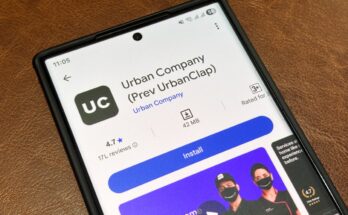The world’s only net-positive fusion experiment has been steadily ramping up the amount of power it produces, TechCrunch has learned.
In recent attempts, the team at the U.S. Department of Energy’s National Ignition Facility (NIF) increased the yield of the experiment, first to 5.2 megajoules and then again to 8.6 megajoules, according to a source with knowledge of the experiment.
The new results are significant improvements over the historic experiment in 2022, which was the first controlled fusion reaction to generate more energy than the it consumed.
The 2022 shot generated 3.15 megajoules, a small bump over the 2.05 megajoules that the lasers delivered to the BB-sized fuel pellet.
None of the shots to date have been effective enough to feed electrons back into the grid, let alone to offset the energy required to power the entire facility — the facility wasn’t designed to do that. The first net-positive shot, for example, required 300 megajoules to power the laser system alone. But they are continued proof that controlled nuclear fusion is more than hypothetical.
The NIF uses what’s known as inertial confinement to produce fusion reactions. At the facility, fusion fuel is coated in diamond and then encased in a small gold cylinder called a hohlraum. That tiny pellet is dropped into a spherical vacuum chamber 10 meters in diameter, where 192 powerful laser beams converge on the target.
The cylinder is vaporized under the onslaught, emitting X-rays in the process that bombard the fuel pellet inside. The pellet’s diamond coating receives so much energy that it turns into an expanding plasma, which compresses the deuterium-tritium fuel inside to the point where their nuclei fuse, releasing energy in the process.
The other main approach to fusion, magnetic confinement, uses powerful superconducting magnets to compress and contain plasma in a space tight enough to create the conditions necessary for fusion. While no magnetic confinement experiments have produced net-positive results, several are being constructed or designed with the expectation that they’ll hit that milestone.
Several startups are pursuing inertial confinement, including Xcimer Energy and Focused Energy.



